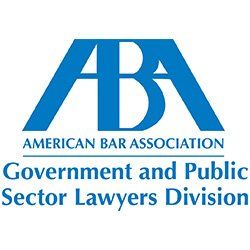CLIENT LOGIN
×The Right Bankruptcy Lawyers Matter
When your finances are in turmoil, you may be considering filing for bankruptcy. While this is not an option anyone wants to think about, sometimes there is no other alternative. For those considering bankruptcy, one of the first things that needs to be understood is the difference between Chapter 7 bankruptcy and Chapter 13 bankruptcy. While there are similarities, there are tremendous differences as well.
- Chapter 7 defined – The simplest form of bankruptcy, Chapter 7 literally wipes away consumer debt through a liquidation process. Some assets such as a primary residence and automobile may be exempt depending on your individual case.
- Chapter 13 defined – More commonly called wage-earners bankruptcy, this allows the debtor to restructure existing debt. Borrowers who do not qualify for Chapter 7 are often able to file Chapter 13.
Qualifying for Chapter 7
Debtors cannot simply decide to file Chapter 7, they must first pass a means test. The means test is based on a formula based on median income which the Census Bureau shows was $65,981 in Massachusetts between 2006 and 2011. The median income is different for each debtor since factors like household size do have an impact on the rate. Borrowers who earn less than the median income for a family their size are generally eligible to file for Chapter 7.
Another criteria which must be met is each debtor must attend a credit counseling class during the process. Keep in mind, a trustee will be appointed by the court and they will help administer the process.
Some Debt Exclusions
It is important to understand that regardless of which chapter of the Bankruptcy Code you are eligible to use, there are some debts which cannot be changed through bankruptcy. These debts include student loan debt, taxes owed for three years or less and judgments which have been ordered by the courts.
If your finances are in a shambles and you want to get your financial life in order, you should consider contacting Evans & Evans Law for assistance. The right lawyer can help you determine which bankruptcy filing is right for your needs as well as help you with the necessary document filings and meeting the requirements of the bankruptcy trustee.
Main Office
Phone: (978) 548-5174
Email: andrew@evansevanslaw.com
FREE Case Evaluation
FREE Case Evaluation
We will get back to you as soon as possible.
Please try again later.
© 2021 Evans & Evans, P.C.. All Rights Reserved.








